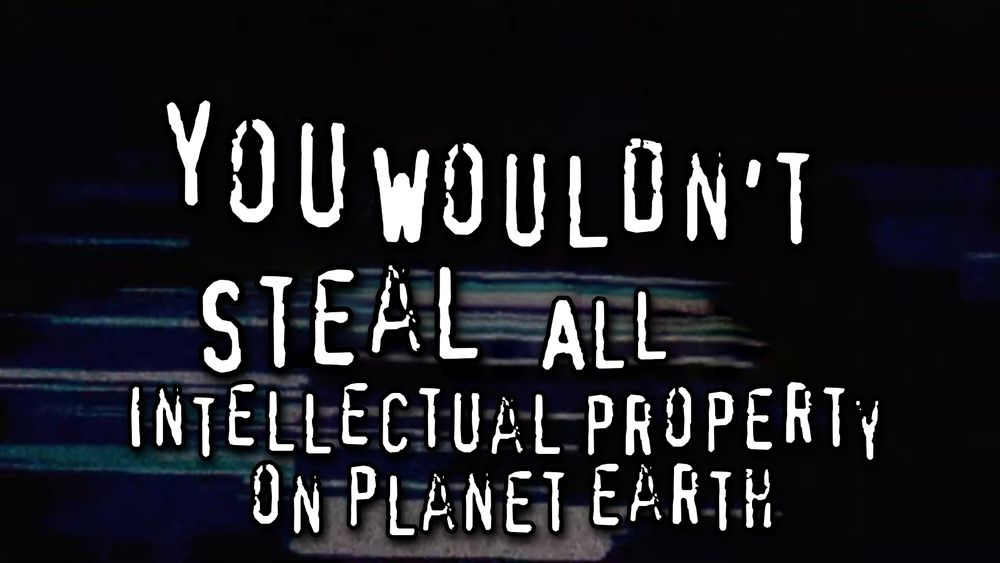
— What's your claim to fame? ✨ —
How might we know you already?
What have you done that we might have seen or read before?
What would help us remember how we came across you?
Don't be shy: it's helping us reconnect and remember you 💡
- visual reasoning strategies as a lens for visualization eval arxiv.org/abs/2007.14516
- cognitive modeling of data interpretation arxiv.org/abs/2107.13485
- tools for meta-analysis arxiv.org/abs/2302.04739
- tools for modeling + visual EDA arxiv.org/abs/2308.13024


It was truly the honor of my life to work with such incredibly passionate people focused on improving human health. I’ve never experienced a more positive culture where *everyone* cared about their job and serving others.

It was truly the honor of my life to work with such incredibly passionate people focused on improving human health. I’ve never experienced a more positive culture where *everyone* cared about their job and serving others.
The paper is comment on Ryan Oprea's recent AER paper.
The paper is processing, but you, my friends, get early entry.
papers.ssrn.com/sol3/papers....
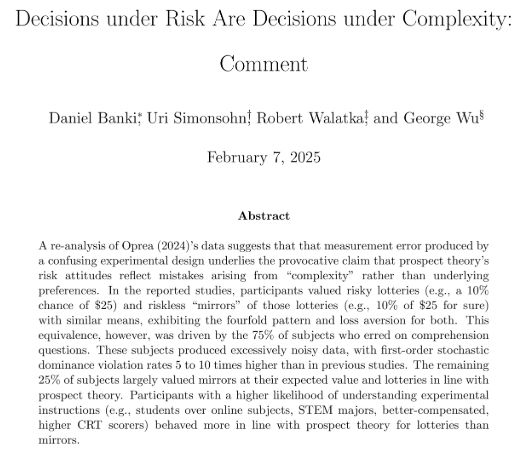
Explore the research of Alex Kale (@kalealex.bsky.social), Assistant Professor of Computer Science and Data Science at the University of Chicago!
www.youtube.com/shorts/8SkXI...

The economic argument seems pretty clear
Less NSF --> fewer PhD students --> fewer researchers --> smaller AI tech pipeline --> slower progress --> less competitive globally
The economic argument seems pretty clear
Less NSF --> fewer PhD students --> fewer researchers --> smaller AI tech pipeline --> slower progress --> less competitive globally
Sixty-some years ago, Eisenhower transformed higher education because he viewed a science education gap as the single greatest threat to national security.
This is absolutely an act of sabotage.
www.science.org/content/arti...

www.jasondavies.com/maps/voronoi...
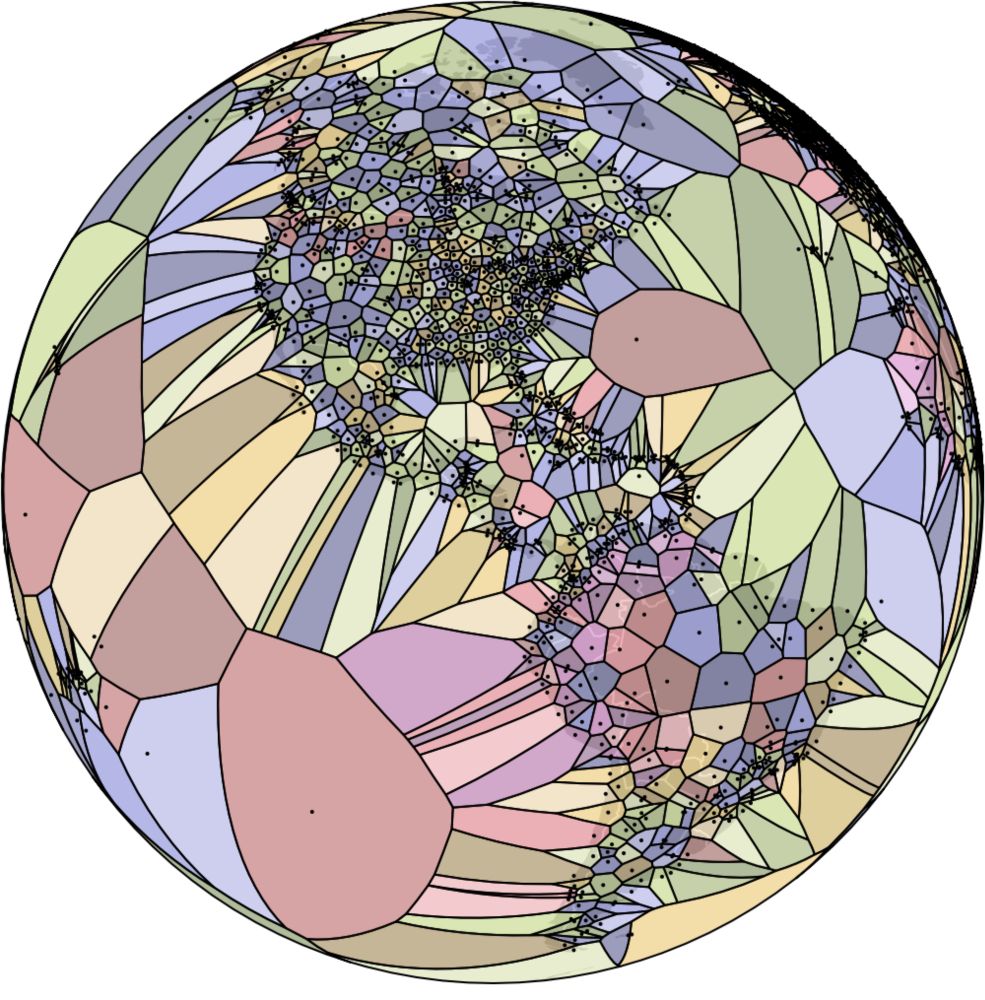
www.jasondavies.com/maps/voronoi...
statmodeling.stat.columbia.edu/2024/12/31/c...
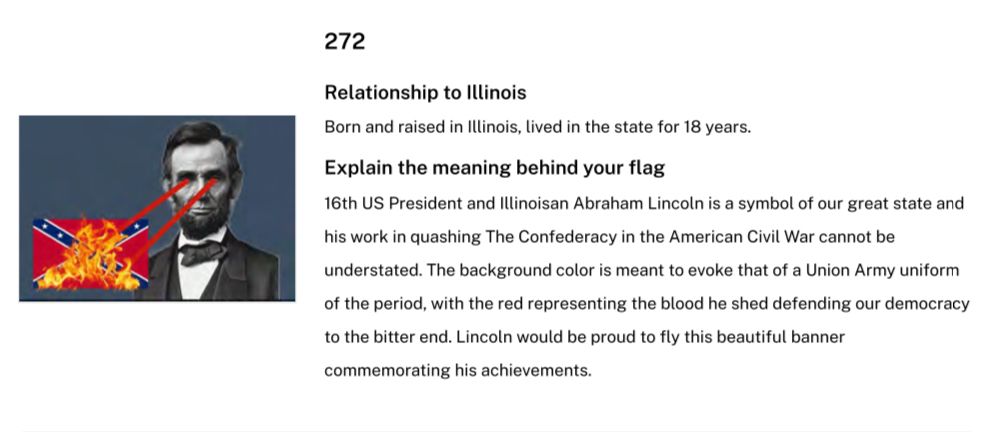
They think this and other AI products they are rolling out will help attract and retain a younger audience
www.ft.com/content/9118...
observablehq.com/@joewdavies/...
You can toggle between country borders and tectonic plates. I quite like being able to gauge the depth of them.
#earthquakes #seismology #cartography #globe #dataviz
observablehq.com/@joewdavies/...
You can toggle between country borders and tectonic plates. I quite like being able to gauge the depth of them.
#earthquakes #seismology #cartography #globe #dataviz
New article considers qualitative researchers’ experiences of methodologically incongruent peer review feedback
Open Access: dx.doi.org/10.1037/qup0...
Few quotes follow 🧵
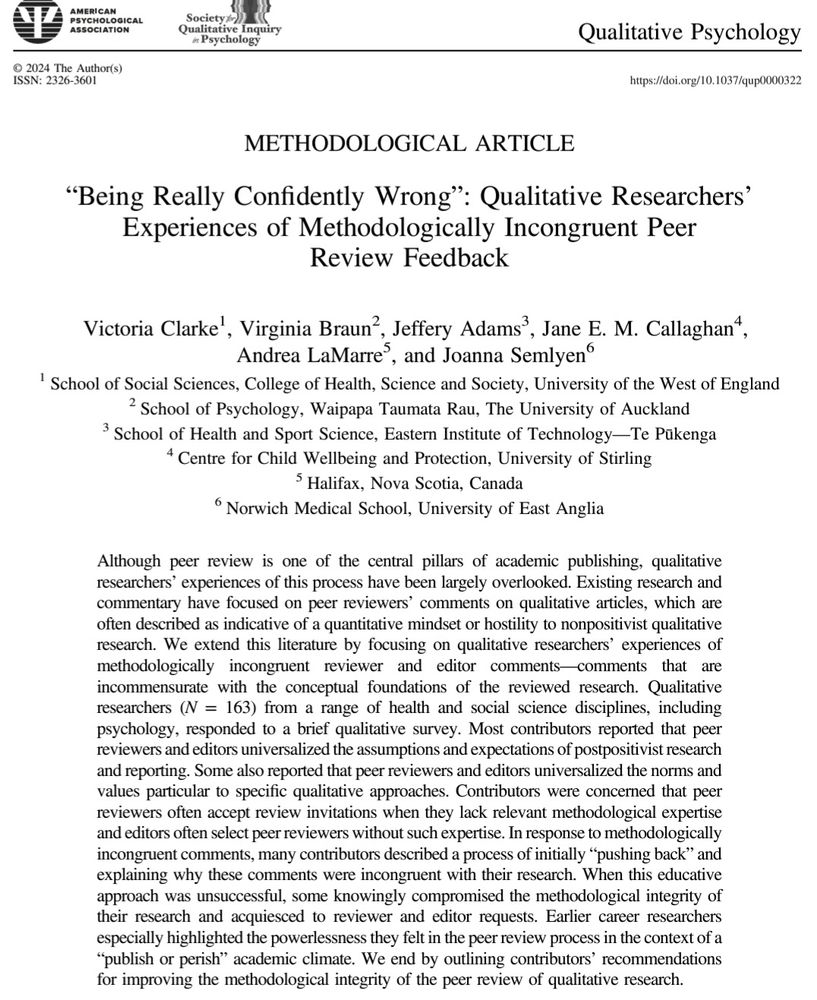
New article considers qualitative researchers’ experiences of methodologically incongruent peer review feedback
Open Access: dx.doi.org/10.1037/qup0...
Few quotes follow 🧵


